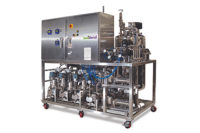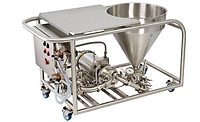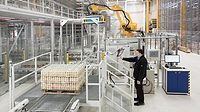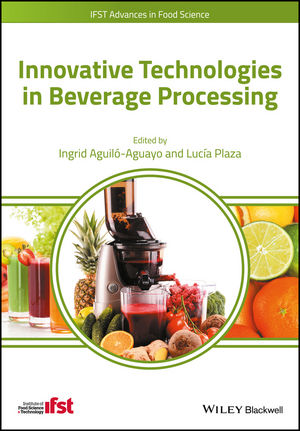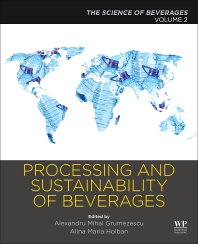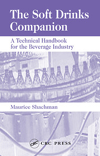Operations
Automation drives innovations for beverage processing equipment
Testing, scale-up important considerations when selecting equipment

Baker Aker, the neighborhood bakery owner in PBS Kids’ “Daniel Tiger’s Neighborhood,” sings “mixa, mixa,” when he teaches Daniel Tiger and his friends how to bake goodies like birthday cake, banana bread and much more. In the beverage market, the latest innovations in processing technology is ensuring formulators can “mixa, mixa” with efficacy and efficiency.
As consumer demands have prompted the need for an increasingly diverse beverage market, manufacturers are employing automated processing methods to meet these demands.
“More and more companies are investing in PLC-based controls with [an] automated recipe system for key process variables such as mixer speed, cycle time, temperature, vacuum level, etc.,” says Christine Banaszek, sales manager for Charles Ross & Son Co., Hauppauge, N.Y. “Automating the mixing operation lessens operator errors, which leads to more predictable and repeatable quality. It offers many other important benefits including better monitoring and record keeping; improved safety; faster changeovers; and lower overall cost of production due to less labor, less waste and less energy consumption.”
Although investing in processing automation is an obvious operations practice for major beverage manufacturers, it is important that beverage-makers select equipment that can handle the early testing stages as well as the mass production ones.
“In the product development stage, we recommend for manufacturers to invest in mixing technologies that are truly scalable,” Banaszek explains. “While the choices for laboratory and pilot-scale mixers are many ― from simple magnetic stirrers to kitchen blenders and stand mixers ― not all are easily scaled to production volumes. Since many mixtures obtain characteristics that are process sensitive, the proper mixing equipment must be identified at the R&D level.
“Without a practical path to scale up, results produced in the lab may not be replicated in a cost-effective manner,” she continues. “Partner with a reliable and experienced vendor that offers proof-of-concept testing services and trial/rental programs.”
To support these needs, Charles Ross & Son utilizes its in-house division: Ross Systems & Controls. The Savannah, Ga.-based company designs and builds control for Ross mixers and blenders as well as other types of processing equipment and plant operations, Banaszek explains.
“All controls are tailored to customers' exact requirements, including stainless steel washdown panels; the latest CAD, PLC and HMI software; supervisory control and data acquisition (SCADA) packages; interface with upstream and downstream equipment; and wireless connection allowing remote control from tablets, laptops and smartphones,” she says.
Beyond major manufacturers, entrepreneurial beverage-makers also are turning to processing automation. To support this need, Admix Inc., Londonderry, N.H., released its newly redesigned RS-02 Pilot Scale Mixer in May 2020.
The Admix RS-02 high shear mixer is ideal for pilot plants and small-scale production as it supports product development, formula optimization, trial mixtures and small production runs, the company says.
“We are pleased to bring the redesigned RS-02 pilot-scale mixer to processors looking for a high shear mixer for smaller batch applications,” said Patrick Lakin, national sales manager for Admix, in a statement. “Customers can quickly produce trial flavors or adjust formulations, helping them get their products to market faster.”
The RS-02 redesign includes a mobile lift stand with a wider base for added stability and a large hand crank that allows users to easily adjust the mixer height. With a batch capacity of 5-20 gallons / 19-75 liters, the RS-02 also incorporates the Admix patented Rotosolver high shear mixing impeller. The equipment’s patented design is engineered to provide the optimal balance between shear and flow so that mixtures are completely homogenous, emulsified and agglomerate-free in less than 10 minutes, the company adds.
As beverage-makers seek out the latest in processing equipment, suppliers in the industry are ensuring that those needs are met ― no matter what size of the operation.
Looking for a reprint of this article?
From high-res PDFs to custom plaques, order your copy today!




